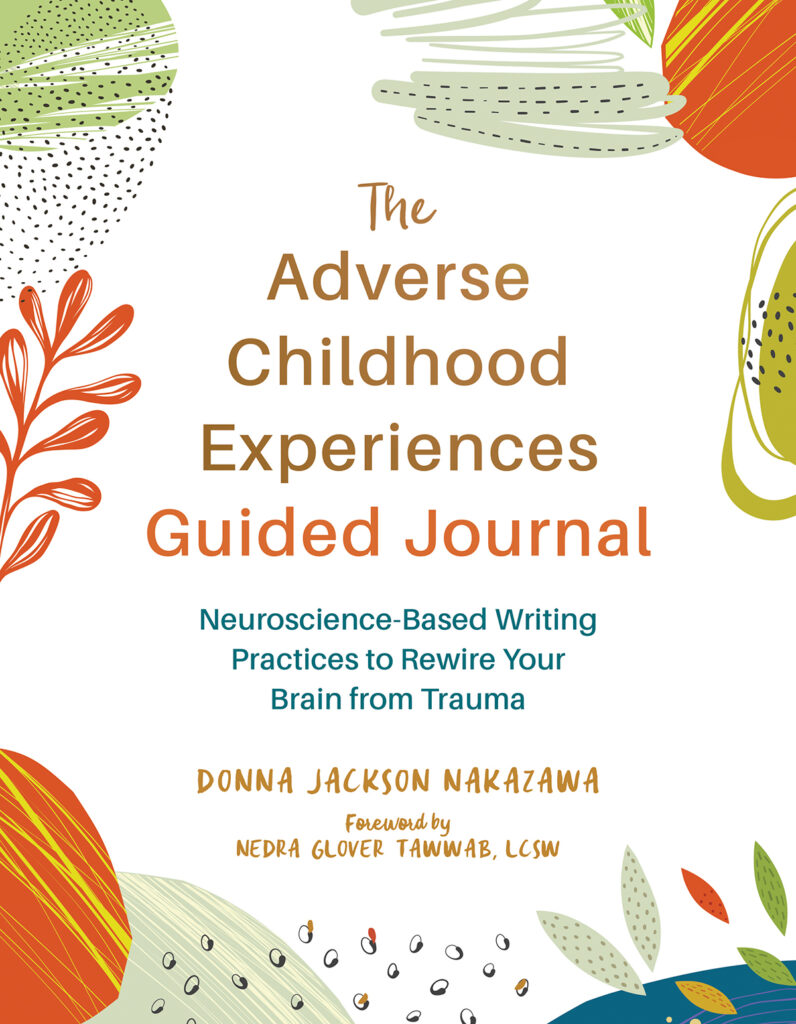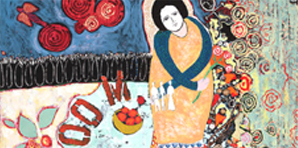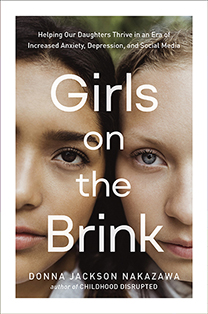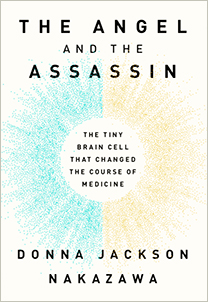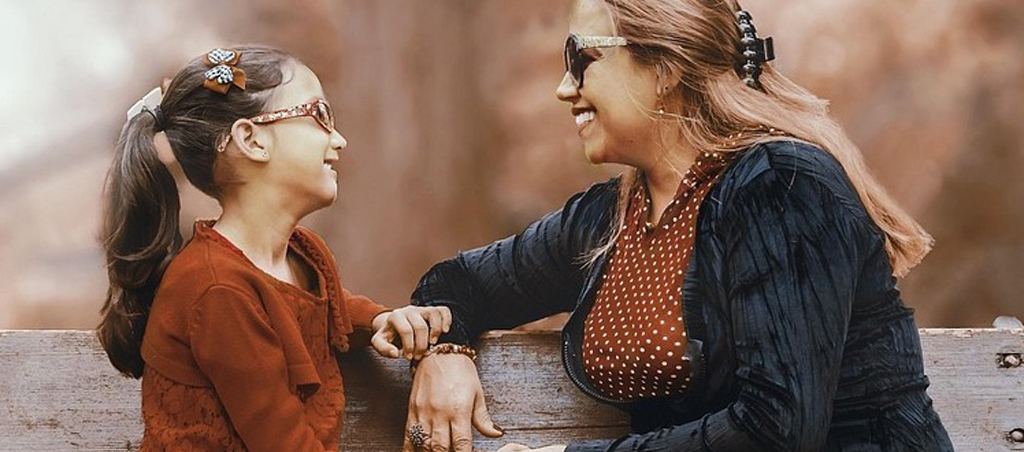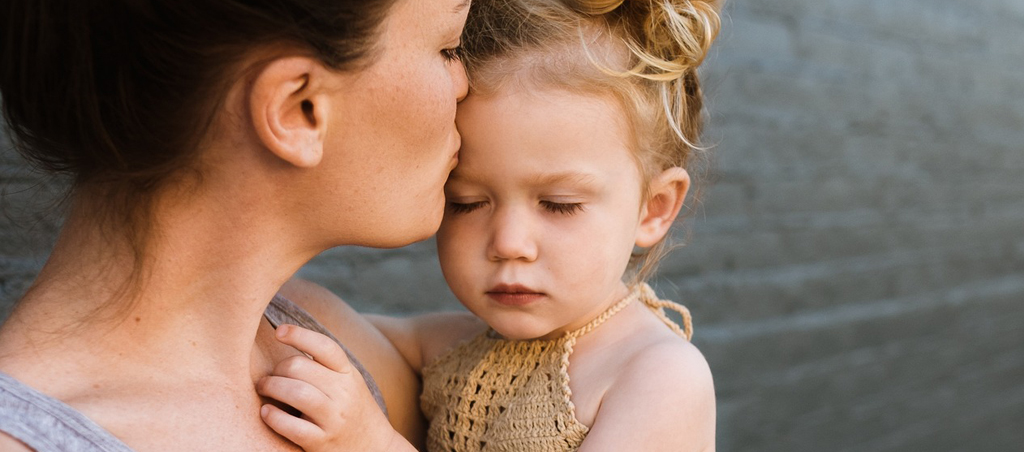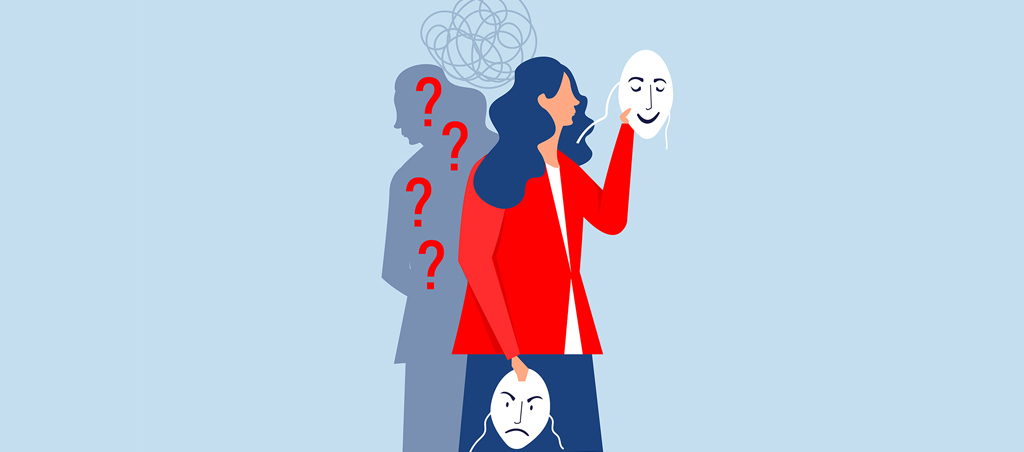We’ve learned so much in the course of our lives. Math problems, how to punctuate a sentence, set the table, use an iPhone, hit the right buttons on our blog dashboard or twitter (okay, the latter three are still not so easy for some of us!). But can you remember exactly when you learned how to do each of these? Unlikely.
That’s because our brain stores memories in one of two ways. The first is to file away facts we need. The details we depend on to survive, succeed, thrive. These are called declarative memories. We can declare the facts we know.
But the second way the brain stores memories is through our emotional responses — in the emotional big moments that matter to us most. That’s why I can remember (and I bet you can too) the time the teacher called you up in front of the class and you didn’t have the right answer; the moment a child was born and first placed upon your chest; the minute you got engaged; the time you and your friend were in tears over a diagnosis, a husband, a child; or the joy of finding out you were expecting, or got the big job. Memories that have signficance in some way to you are emotional memories.
When we need a declarative memory our brain usually retrieves it for us unconsciously and we’re not even aware it’s happening. So we can drive all the way to work without even realizing we made all the right turns. And bing, there we are, in the parking lot. That’s why we work so hard with our kids with their math facts, so they have what they need, easy to retrieve, when they go on to algebra or, later, calculus.
But here’s where it gets interesting. Emotional memories are treated by the brain in an entirely different way than are factual (declarative) memories: the part of the brain used to create, retain, store, permanize and retrieve our emotional memories is called the hippocampus. This is also the area where amnesia occurs, erasing emotional memories but not factual ones (which is why patients with amnesia can still set the table or do calculus).
Because the brain stores these two types of memories so differently, emotional memories are so much stronger, and as we get older, we accumulate more and more of them.
This means a few things. A lot of things. But here are the two most interesting to me. If you learn something new in the process of making an emotional association, you’ll retain it a lot longer. If you really care about a topic or issue in your heart, you’ll be able to keep that information and store it and retrieve differently than if you don’t.
But it also means that the things we are doing today that create our emotional memories — good, chest-swelling memories — will be protective LONG into the future. They are like gifts we pay forward to ourselves and those we love. This is really a good reason to reach for joy moments right here, right now, in your day just as it is. Whatever might be happening around you. Joy is a strong emotion, and we all know when we recall moments of joy it’s a healing balm. I think of joy memories as memories we need.
After reading this study today, I’m going to think of how to make a joy memory today. I’ll let you know how that works out on an icy, windy Friday evening in a house with with two tired working parents at the end of the week and two teenagers 🙂
